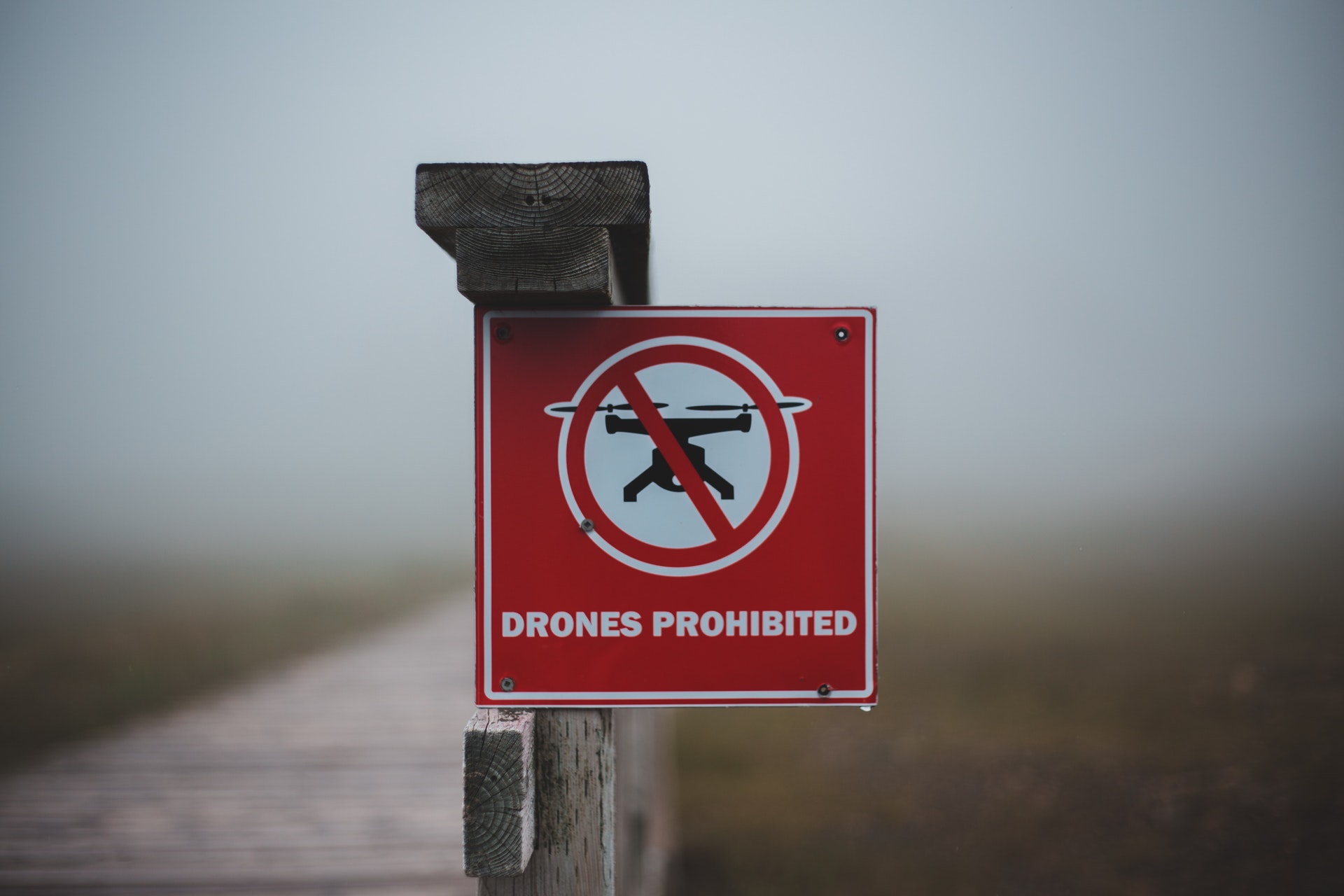Trending
Sunday May 18, 2025
Trending

Last year I was fortunate enough to join the African Union Commission (AUC) and the United Nations Office to the African Union (UNOAU), as Editorial Consultant on the United Nations Security Council Resolution 1325 (UNSCR 1325) Commemorative Book titled She Stands for Peace: 20 Years, 20 Journeys. The process entailed documenting the stories of 20 African women and women organisations, who have, through their own efforts, contributed to the implementation of the Women, Peace and Security agenda in Africa.
Their stories not only demonstrated to me the varying levels of impact and contribution African women make and continue to make, towards peace and development on the continent, but it also demonstrated how little we know of these stories, and the extent to which narratives about conflict in Africa is skewed towards a perspective that intimates that Africa and its people lack the agency to successfully silence the guns. The stories of these heroines demonstrated varying levels of individual, community, and collective strength, resilience, and determination towards transformative change in their communities, in a way that international and local media is yet to fully capture. And so, these women featured in the book and so many others, remain largely invisible in stories around peacebuilding and conflict resolution in Africa.
My first task as an editorial consultant on She Stands for Peace: 20 Years, 20 Journeys was to find the women who had been nominated to be featured – and it was hard. They were not visible on all the usual platforms you would expect a researcher to start their research with: Google, news websites, social media.
I recall the story of a woman in Libya who had been so instrumental in claiming peace in her community through her bravery. Inspired by her story, I dug deep into my network, reaching out to local journalists, fixers and networks in the region, people with extensive sources and networks, and in the end, despite all our efforts, we were never able to find this woman so that she could tell her story, and she therefore never made it into the book.
Unfortunately, hers was not the only story that had to be dropped because the women were simply not visible, and yet it was this level of invisibility that led the AUC and UNOAU leaderships to conceptualise the book in the first place.
The AU’s Agenda 2063 Aspiration 4 aspires to a “peaceful and secure Africa”, and recognising the central role women play in conflict prevention and mediation efforts in Africa – the AU established FemWise-Africa (a Network of African Women in Conflict Prevention and Mediation).
Similarly, there is a commitment to change the narrative of Africa and build the Africa we want.
So, when we speak of media in relation to peace and development, and ask if Africa is on the right track, I question the extent to which the narratives constructed in media both on the continent and internationally, are truly making the invisible visible, as opposed to the repeated use of the same narratives and the same voices. I question the extent to which media training on the continent adequately empowers journalists to approach conflict reporting sensitively and balanced; sensitivity and balanced reporting being essential ingredients to conflict reporting. I question the extent to which partisanship and ethnic divides in media ownership in countries like Nigeria, for example, and the impositions on press freedom, disempower journalists from being fully able to be active mediators of peace and development. The danger here is that when we are not objective or unbiased in our reporting, we unwittingly interfere with conflict resolution processes.
It is important that the media is able to successfully document, monitor, and report on continental and national mechanisms put in place to promote peace, security, and development on the continent. And creating enabling environments for press freedom constitutes a reliable tool for monitoring how well African countries comply with the treatises they sign up to, for monitoring their progress in achieving Aspiration 4, and also serves as a means of obtaining data that will support journalists to perform their functions. The safety of journalists is therefore paramount to this.
The stories of African women in peacebuilding and conflict resolution matter not just because they deserve the visibility, but because understanding the lived experiences of female victims and survivors of conflict can guide the expansion of campaigns geared towards the creation of enabling environments where gender-based violence can be prevented. Understanding the lived experiences of women leading peacebuilding and conflict resolution in their communities, can better inform development agendas, policies and the allocation of funding and resources in a way that can truly have impact at the grassroots.
We’re not gonna spam. We’ll try at least.

Copyright 2020. African Women In Media
Copyright 2020. African Women In Media
Recent Comments